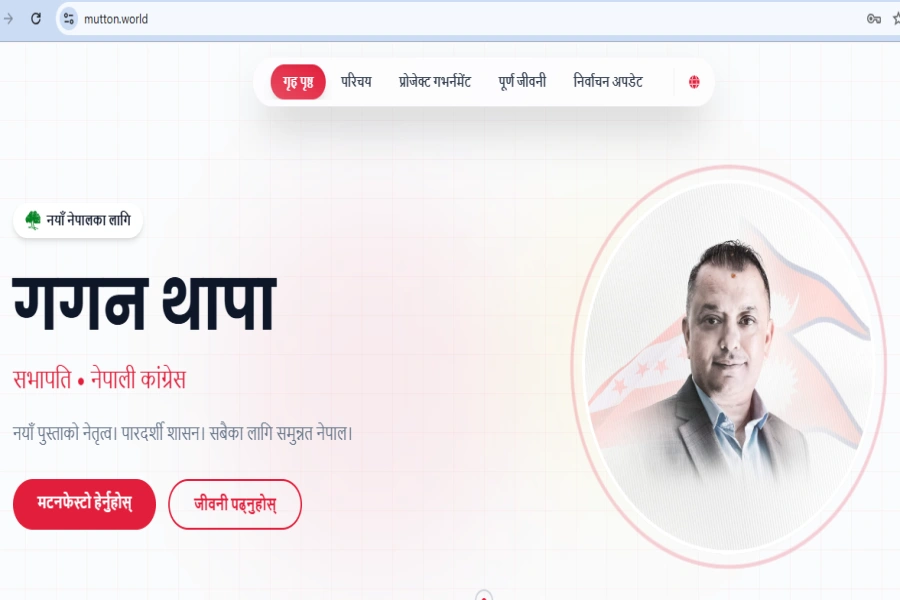The shift will basically mean the end of security updates and technical help for versions of Internet Explorer other than 11, the latest iteration. That could leave users clinging to the old versions more vulnerable to cyberattacks against their computers because problems with the software that are discovered down the line won't be fixed.
There are a few exceptions: For example, Microsoft will continue to provide support for Internet Explorer 9 on its older Windows Vista after the deadline because it's the latest compatible version for that operating system. But for the most part, users of old browsers will be on their own.
The shift will have a major impact on Internet users: By some estimates that means hundreds of millions of users will need to upgrade or be left at greater digital risk.
Internet Explorer Switched to Microsoft Edge







































